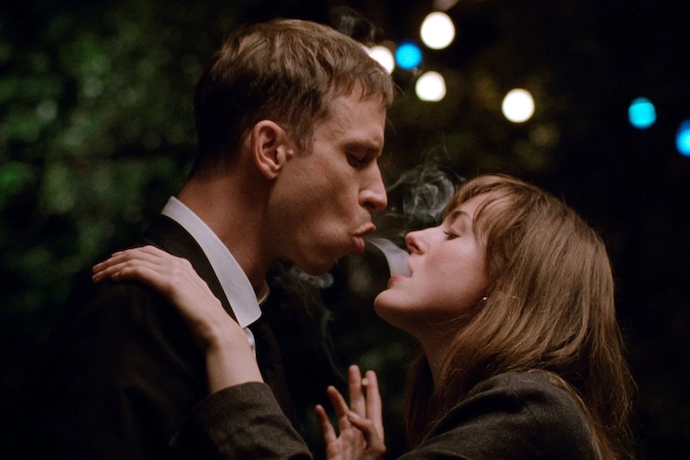‘The Worst Person in the World’ Flips the Genre on its Head
Greetings again from the darkness. It’s often fun when an innovative filmmaker turns a stodgy genre upside down and offers us a new take. And who better to flip over the frequently stale mode of romantic-comedies than Norwegian auteur Joachim Trier?
Co-written with his frequent collaborator Eskil Vogt, The Worst Person in the World could also be described as a dramedy or a thirty-ish coming-of-age tale. Regardless of the label, it’s entertaining and thought-provoking, as well as being a bit dark in parts (some of these also being quite funny). This is being called the final film in Trier’s “Oslo Trilogy,” three loosely connected films including Reprise (2006) and Oslo, August 31st (2011).
Each of the films represents quite a shift in tone, and this latest revolves around Julie, played exceptionally well by Renate Reinsve. Trier structures the film as 12 chapters plus a prologue and epilogue. The prologue is brilliant and allows us to quickly grasp what we need to know about Julie. She changes her life goals multiple times – from doctor to psychologist to photographer, and later while working in a bookstore, she decides to be a writer. Thankfully we are spared the details of her essay on oral sex in the #MeToo era. Julie is impulsive to a fault. She has confidence but can’t commit to a direction – she’s confident in her uncertainty.

As she approaches 30, Julie is struggling to find her way. She’s not so much lost as struggling to deal with her jumbled thoughts. Can you lose your identity if you haven’t yet formed one? That seems to be the crux of Julie’s inner struggles, even as she finds a seemingly good fit for a partner. Aksel (a terrific Anders Danielsen Lie) is a successful graphic artist, and he seems to understand Julie. Their relationship builds over time, even as their individual visions and goals diverge.
The best life partner still comes with challenges when you still aren’t sure who you are as a person. Julie feels herself slipping away, and that’s when her impulsive nature reappears. During a special event for Aksel, she walks out and spontaneously crashes a local wedding reception. This leads to a cute and flirty time with Eivind (Herbert Nordrum). Both he and she are in steady relationships, but only Bill Clinton could determine if the time Julie and Eivind spend together is cheating or not. Ms. Reinsve perfectly captures the spirit of Julie. Although she’s often a bit flustered, when she does smile, she radiates like a young Shelley Fabares.
Much has been made of Ms. Reinsve’s performance and she certainly deserves the accolades. However, we shouldn’t overlook the outstanding work of Anders Danielsen Lie in a difficult role. Filmmaker Joachim Trier’s previous work also includes Thelma (2017) and Louder Than Bombs (2015), and his creativity is most welcome. Two sequences stand out in his latest. In one, the world shifts into ‘freeze frame’ mode as Julie runs through the streets of Oslo to find her new love, and in the second, we follow her in the midst of a drug hallucination after experimenting with mushrooms.
In the story, Trier focuses on the dynamics between partners and how the stages of life can complicate things. It’s charming and funny, but also quite serious, as he certainly doesn’t buy into the idea that movies must always have happy endings. In regard to the title, rather than describe Julie, it’s more likely meant to explain how many people think of themselves as they make decisions and mistakes – it’s really a show of humanity. And quite a good one.
